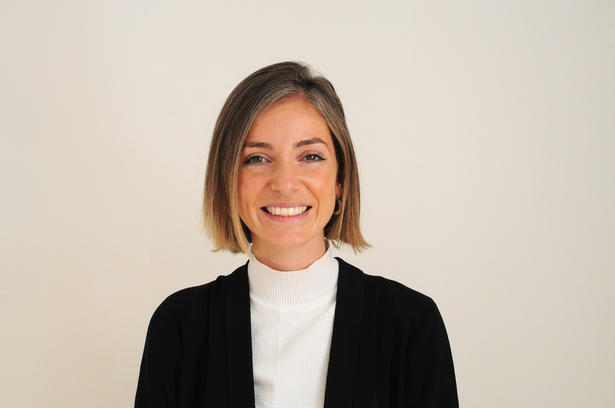
The world of factual distribution is seeing rapid change, with new business models, complex, scripted-style financing deals, fluctuating prices and windowing rows. Clive Whittingham reports.
Factual distribution used to be so simple. Cheap to make and quick to turn around, a show would be commissioned and paid for in full by one broadcaster, produced by the prodco that pitched it, and then sold around the world in multi-hour batches by a distributor at the end.
No longer. Ambition and production values have gone up, partly driven by the arrival of streamers, as broadcasters’ programme budgets have gone down, requiring the sort of complex, multi-partner financing deals usually associated with drama to creep in. Traditional distributors have had to adapt.
Sales houses have moved from the end of the process to the beginning, and not just for pre-sales. Some have even started commissioning programming themselves.
The growth of streamers both large and small offers new places to sell, but new rows over windowing.
Distributors as commissioners
Harriet Armston-Clarke, division head at London-based TVF International, says: “It’s not quite as black and white as it may seem – in the vast majority of cases where a distributor has commissioned something, there are buyers lined up and it’s no-brainer content about Egypt, engineering or disasters.
“It is something we would do. We already coproduce fairly regularly with partners, but I err slightly on the side of caution. We’re not programme makers, and although these topics are universally interesting, it has to be a really good, high-quality show and be compelling because there’s so much content around.”
Content pipeline
TVF’s Armston-Clarke has found joy in scouting off the beaten track. “We’re very focused on local and authentic content and we’ll go out and find that everywhere,” she says. “If the original language isn’t English, we’ll invest and make an international version. We’ve just picked up a new 50-part travel series originally in Bulgarian. We live in a multicultural, multi-ethnic world, so we’re finding that things like a Singaporean cooking series, which we maybe picked up because we thought it would do well around Asia, is actually selling further afield.
“I don’t think content is drying up. We’re swimming in a sea of it – the key is trying to find the good stuff among that.”

